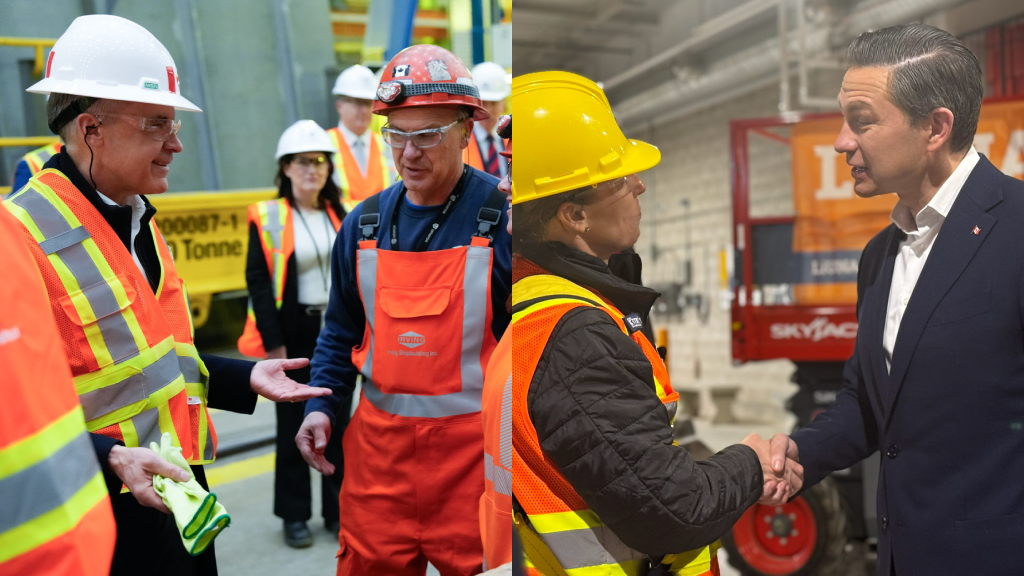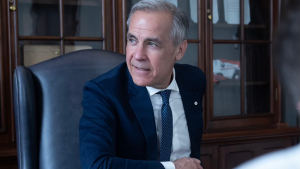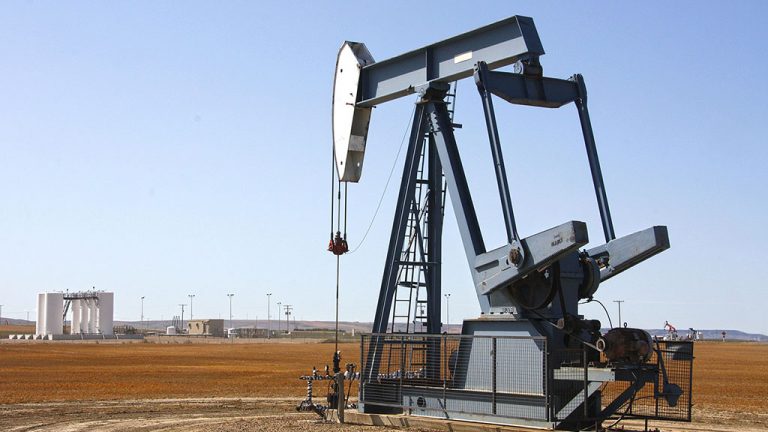National construction stakeholders report they are in regular contact with Canada’s major parties during the current federal election campaign as policy-makers grapple with emerging threats from the Donald Trump administration.
Sean Strickland, executive director of Canada’s Building Trades Unions, said the CBTU has been communicating regularly with the leadership of the three leading parties as new trade and industrial strategies are being formulated. Other issues have included protecting jobs and planning for major projects such as new pipelines, LNG plants and trade corridor infrastructure.
“Many of our issues are being addressed,” Strickland said. “That was good in the sense that they’re listening and we have access. They’re starting to understand our industry and what workers need in this current economic climate.”
Rodrigue Gilbert, president of the Canadian Construction Association (CCA), said, “We are in constant discussion, even during the election, with government because we need to build better.
“In coffee shops and Costco and grocery stores, people are talking about being better…We need to expand our infrastructure network, our roads, our bridges, our ports, because you have to develop new trading partners and build up.”
Ken Lancastle, COO of the Mechanical Contractors Association of Canada (MCAC), commented the campaign is not unfolding as was anticipated six months ago — before Trump was inaugurated in January, and the governing Liberal Party in Canada selected a new leader, Mark Carney, to replace Justin Trudeau as prime minister, resulting in a dramatic reversal of the party’s fortunes in polls.
“I think one of the challenges, and certainly one of the things that not just our industry but all industries want to see, is a vision for what the future of the Canadian economy looks like,” said Lancastle.
“I’d like to see a little bit more around what that’s going to look like, but also ensuring that there is that ability for the country to build the necessary infrastructure required to get our resources to market, to ensure that we are building an economy that weathers the storm.”
Election day is April 28.
Representatives from seven construction and engineering stakeholder groups were asked to identify their wish list of top policy priorities to be addressed by the Liberals under Carney, the
Conservatives under Pierre Poilievre and other parties:
• Gilbert of the CCA said the discussion on finding solutions to Canada’s housing crisis is welcome but the parties must also address the need for the long-term infrastructure required to support housing.
“What’s missing is detail,” he said.
A second priority is overhauling Canada’s immigration system, especially the point system, working with the provinces, Gilbert said, “making sure that we’re bringing the right people to fulfill the jobs that we need…making sure it’s aligned with the apprenticeship that we need, and with the Red Seal program.”
• Strickland said while construction employment remains high, the future is unclear with new project starts under threat due to trade uncertainty. The CBTU has been urging the government to expand EI benefits, making them easier to collect, extending benefit periods and ensuring there is adequate job sharing.
The future could also see a redevelopment of Canada’s economy, with a “made-in-Canada solution to get our vast natural resources to markets other than the United States,” Strickland said.
That would put a premium on increased labour mobility across Canada.
• Lancastle said it’s frustrating Canada is forced to deal with protecting the country from economic uncertainty when resources would be better spent collaborating to find ways to build a “stronger, more resilient Canadian economy.”
During those discussions, it’s essential to have the mechanical contracting sector at the table helping build capacity, he said.
Another priority is preferential treatment for Canadian contractors and suppliers in publicly funded projects, the MCAC says.
• Tom Cardinal, president of the Carpenters’ Regional Council, said in a statement the top two priorities are continued investment in training apprentices through UTIP and other federal programs, and addressing the underground economy in the construction industry and protecting vulnerable workers from exploitation.
The Carpenters’ will also urge the next government to focus on speeding up the approvals process for new construction projects to get workers on the job faster.
• According to Association of Consulting Engineering Companies | Canada president and CEO John Gamble, the ACEC has identified four priorities for the election: implementing a long-term infrastructure plan through a National Infrastructure Assessment; renewing federal infrastructure funding; develop a national infrastructure corridor; and modernizing procurement.
• Jason Tucker, director of federal government relations for the Progressive Contractors Association of Canada, said the top priority is building major projects, including pipelines, LNG, renewable energy and utility corridors.
“These are the kinds of nation-building projects that will unite us, define us, and make Canada’s economy stronger, more resilient and less dependent on the U.S.,” stated Tucker.
A second PCA policy wish is reform of Bill C-69, governing project approvals.
• LIUNA international vice-president Joseph Mancinelli said in a statement, “If Canada truly wants to protect its workers, we have to start by fortifying our supply chains, investing in good-paying unionized jobs and fostering long-term economic stability.”
Other priorities identified by LIUNA include repealing Bill C-69, boosting investments in resources, and cutting red tape and delays to get shovels in the ground on infrastructure projects.












Recent Comments